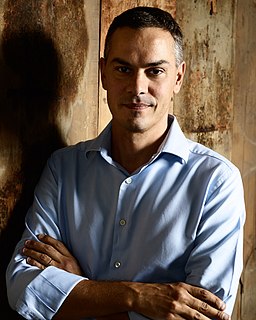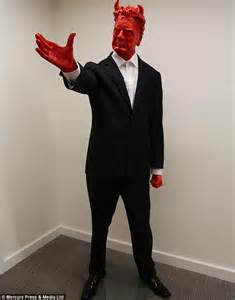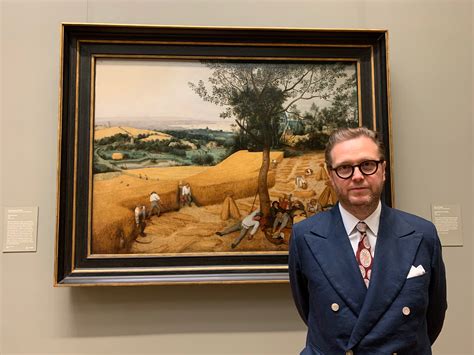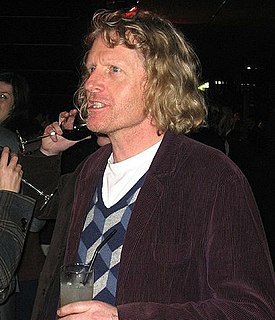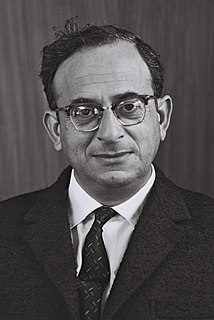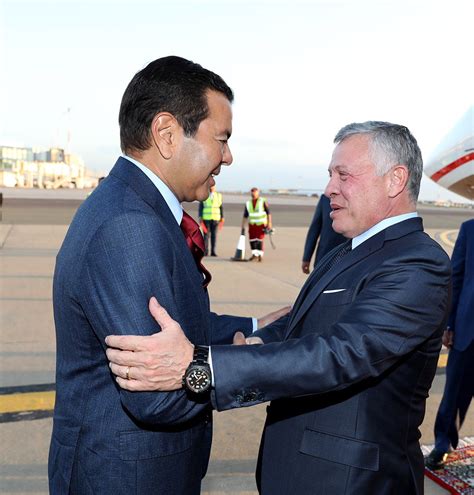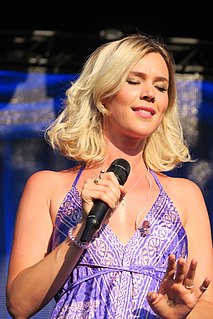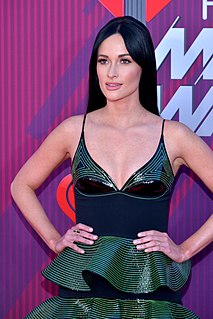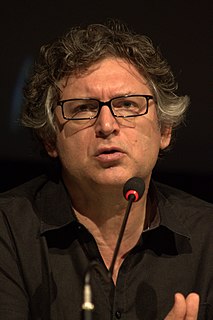A Quote by Massimiliano Gioni
In some Arab art exhibitions that have happened, there's always this idea that the East is more traditional; they show a lot of works on calligraphy and religion.
Quote Topics
Related Quotes
There are going to be a lot of questions, not just in my country, but across the Middle East. Is Israel going to continue to be "Fortress Israel"? Or, as we all hope, become accepted into the neighborhood, which I believe is the only way we can move forward in harmony. And no matter what's happening in the Middle East - the Arab Spring, et cetera, the economic challenges, high rates of unemployment - the emotional, critical issue is always the Israeli-Palestinian one.
I always try to write about something that's actually happened or it doesn't always have to have happened to me, but it has to have happened at some point. So every single lyric that you hear comes from some kind of story that I've come across in my life. I like to think that that maybe helps me mean it a bit more and if you don't mean it, it ceases to be soul music.
There's kind of a hidden point which isn't being brought out, and that is that it is inconceivable that the U.S. would permit democracy in the Middle East, and for a very simple reason. Just take a look at polls of Arab public opinion. They exist. You can't find them in the press, but they exist from prestigious polling agencies. Released by major institutions. And what they show is that if there was democracy in the Middle East, the entire U.S. program for domination of the Middle East would be down the tube.
